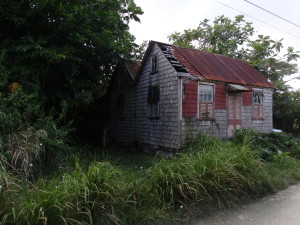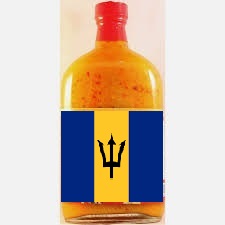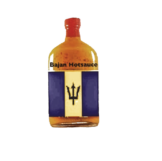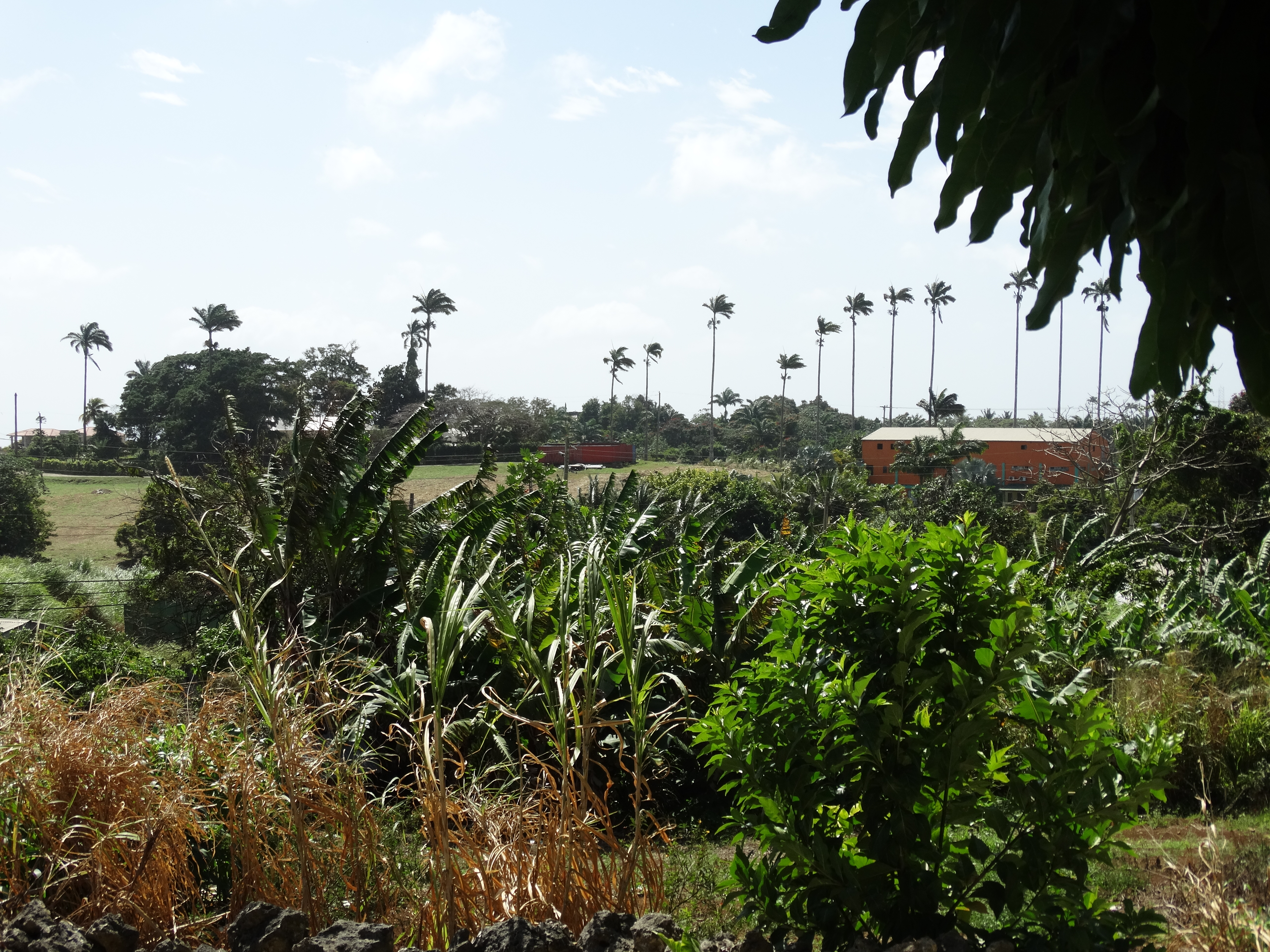DE OUTSIDE WOMAN
Blackman’s is a beautiful plantation right at the end of Coffee Gully. The main house is a well-maintained, solidly built limestone structure on several acres of fertile land and is completely enclosed by an eight-foot limestone wall surrounding the plantation. Blackman’s plantation owns hundreds of acres of land planted in sugarcane and many ground crops like sweet potatoes, cassava, carrots, eddoes, and yams. It’s owned by Mary Blackman, she inherited it from her father, and she runs the operation with her husband and other family members. Mary is of Scottish decent – red, as we would say in Barbados, – with freckles all over her body. She was reserved and quiet, but had a serious mean streak.
There were many hired hands doing various jobs in and around the plantation house and Anna was hired as the cook. Anna was a high-yellow, mulatto women with long black hair, a large distinctive mole on her face and freckles, too. But Anna was very poor, her husband was deceased, she lived a modest little chattel house in Chimborazo, and she needed to support herself. Chimborazo was five miles from Blackman’s, but Anna made the trip by foot daily to serve the Blackman family.
Mary expected Anna to bring her own lunch and not eat food she prepared for the Blackman’s family. Anna never let on that at times she could barely afford to bring her own lunch and would sneak some of the food for herself and take some home for her children. But on this particular day, Mary noticed the eggs were short and decided to set a trap for Anna to see if she was stealing. Anna took the eggs. As she was wrapping the eggs to protect them in her bag, Mary walked in.
“Wuh, wait, you en’ had de decency to ask me fuh dem eggs? You mean to tell me you stealing from me, ya own sister?” Mary scolded her.
Anna was embarrassed, but more importantly she was hurt that her own sister would treat her with such disdain. Anna held her head up, looked Mary straight in the eye and told her, “All dees years, I been coming up heh wukking fuh you like a slave, walking in the heat, rain, an’ you never even offer me a glass a water or gimme a ride home” Anna confronted her. “Yes, we is sistas, but because you father and mudda is white, and you same faddah had we from a black, outside woman, we still flesh and blood, and you shun treat me so. I thought we was family, but I en’ no mo’ to you dan one of dem black ones out deh in de yard.”
Mary became furious at the thought that one of her hired hands would dare speak to her this way, even if it was her half-sister. “Well, I don’ care, sista or not, you shouldn’t be stealing from me,” Mary said. “I treat you real gud, and even give you the job over others, because you is me sista. You should have more respect than that for me,” Mary went on to say in a slow, deliberate and demeaning tone.
But today was the day that Anna was not going to take her bad treatment. “Yes,” she said, “you did give me the job, an’ I grateful, but gud dear, you so shame o’ me, you wudna’ even le’ me come tru’ the front door. I always have to use the servant’s entrance. We don treat family dat way, white or black,” Anna retorted.
Mary was taken back by Anna’s boldness, but she finally realized what an awful person she had become, even denying her own sister a few eggs when the plantation had plenty. She saw that, though they had different mothers, they were family and she could have done better by Anna. As Mary contemplated the events, she said to Anna, “you don’ have to take eggs without me knowing. I want you to get some provisions, take a half-dozen eggs, for ya children. Now why don’t you fix us some of that cou-cou and flying fish? You does mek it sweet. When we done eating, I will give you a ride home – now pass the hotsauce.”
Lesson learned: We all have the same Father, no matter who our mothers are, and God is no respecter of persons. There was and still is quite a bit of class and racial separation in Barbados – we have come a long way but there is yet work to do on that issue.

